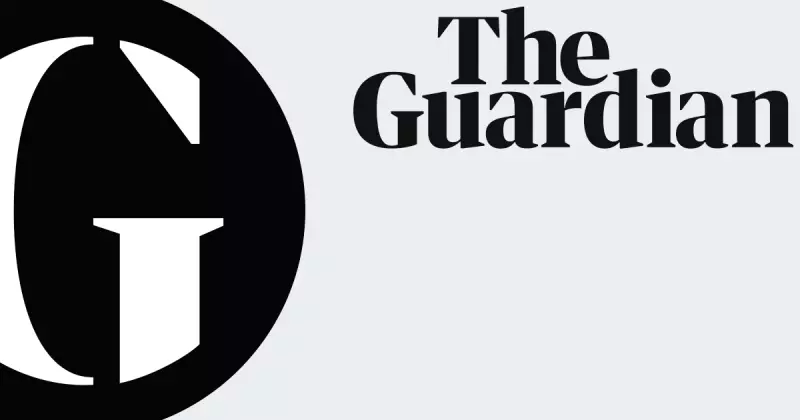
In a moment of profound gravity that silenced the United Nations Security Council, a senior diplomat gave voice to the dead, reading aloud the final, heart-wrenching words of a Palestinian journalist killed in Gaza.
The letter, a father's message to his young son, served as a stark indictment of the conflict's horrific human toll and the extreme dangers faced by media workers reporting from the warzone. The diplomat's recitation transformed the typically formal chamber into a space for raw, human emotion.
A Father's Last Promise
The core of the address was the personal letter, a poignant artefact of a life cut short. The journalist wrote of his love for his son, his hopes for his future, and the painful reality that he might not survive to see it. The words "never forget me" served as a powerful, haunting plea from beyond the grave, ensuring his story and the stories of countless Gazans would not be erased.
The Mounting Death Toll of Truth-Tellers
This emotional testimony underscores a devastating statistic: the Israel-Hamas war has become the deadliest conflict for journalists in decades. Over 100 media professionals have lost their lives while working in Gaza, a fact repeatedly raised by press freedom organisations like Reporters Without Borders and the Committee to Protect Journalists.
These individuals are not just statistics; they are local reporters, cameramen, and photographers who stayed behind to document the reality for their people, often without the protective gear or secure infrastructure of international correspondents.
A Call for Protection and Accountability
The UN address moved beyond a memorial to become a direct appeal for action. It emphasised the legal obligation under international law to protect journalists as civilians and to investigate their deaths. The deliberate targeting of media personnel or the failure to avoid indiscriminate attacks on them constitutes a serious violation of wartime protocols.
By focusing on one man's story, the diplomat powerfully illustrated the collective tragedy and the urgent need for the international community to defend the fundamental right to freedom of the press and, ultimately, the right to life.





